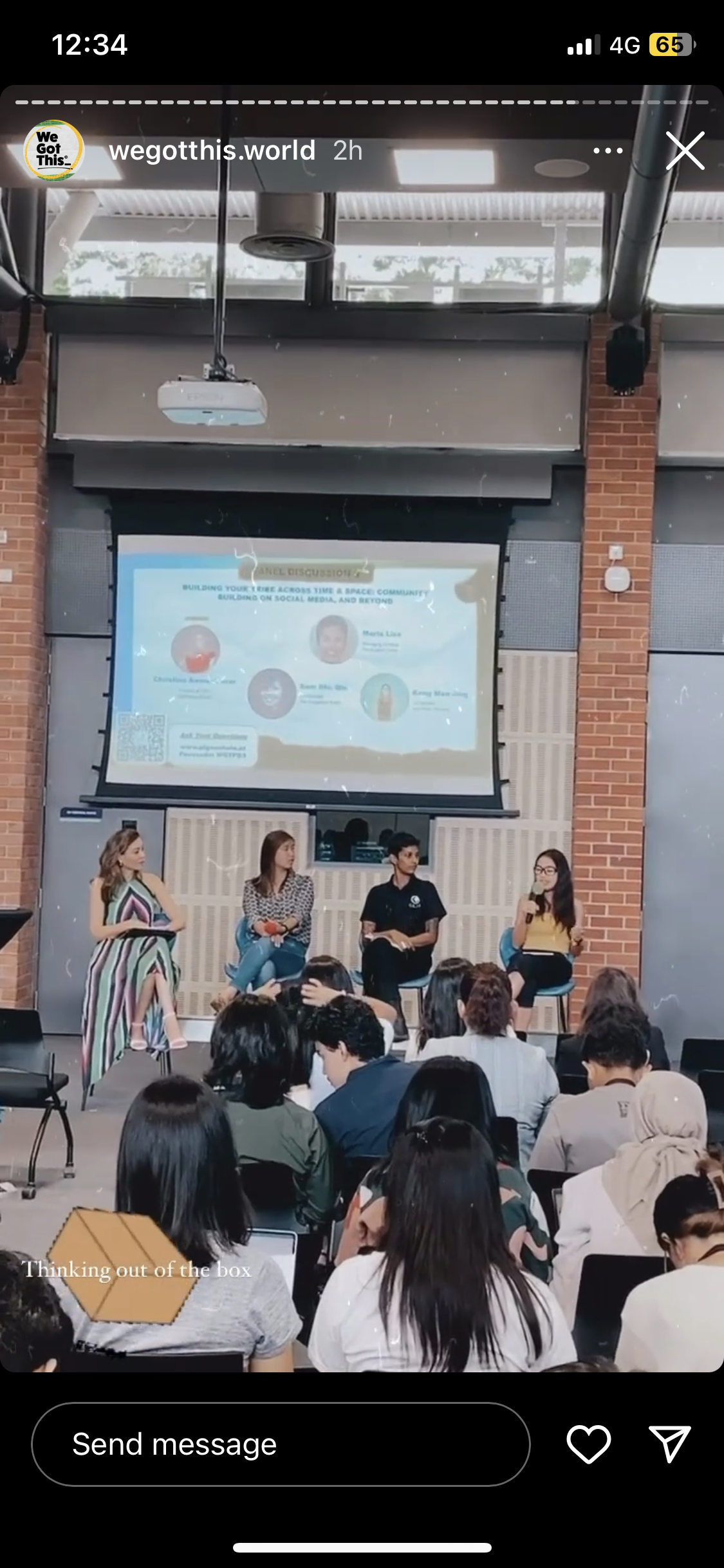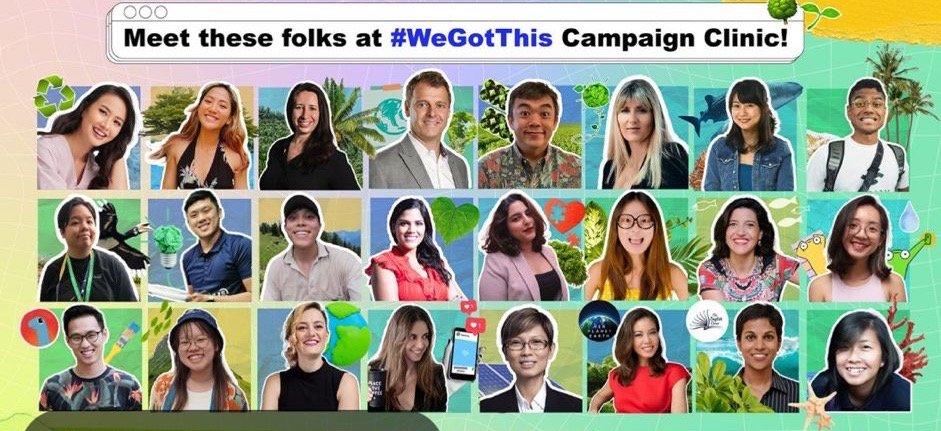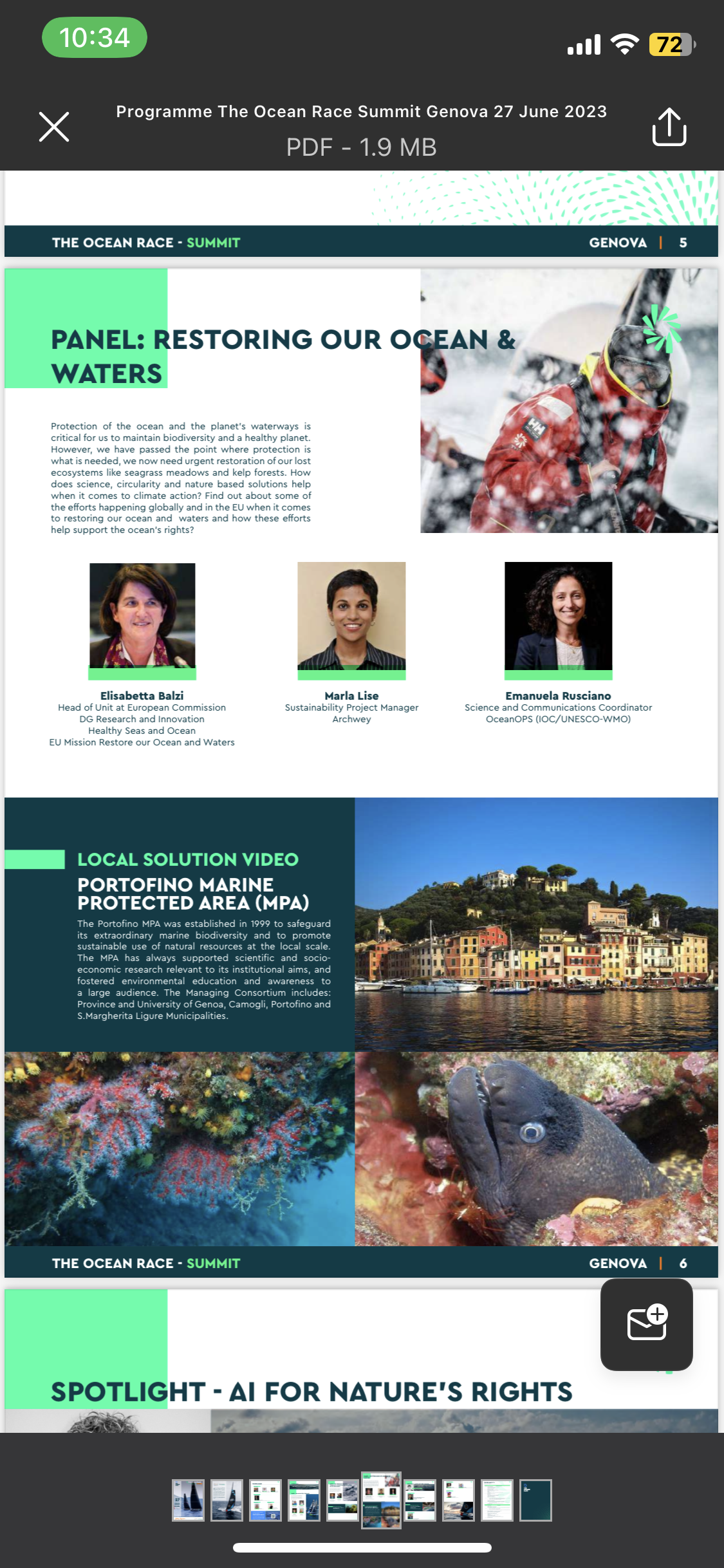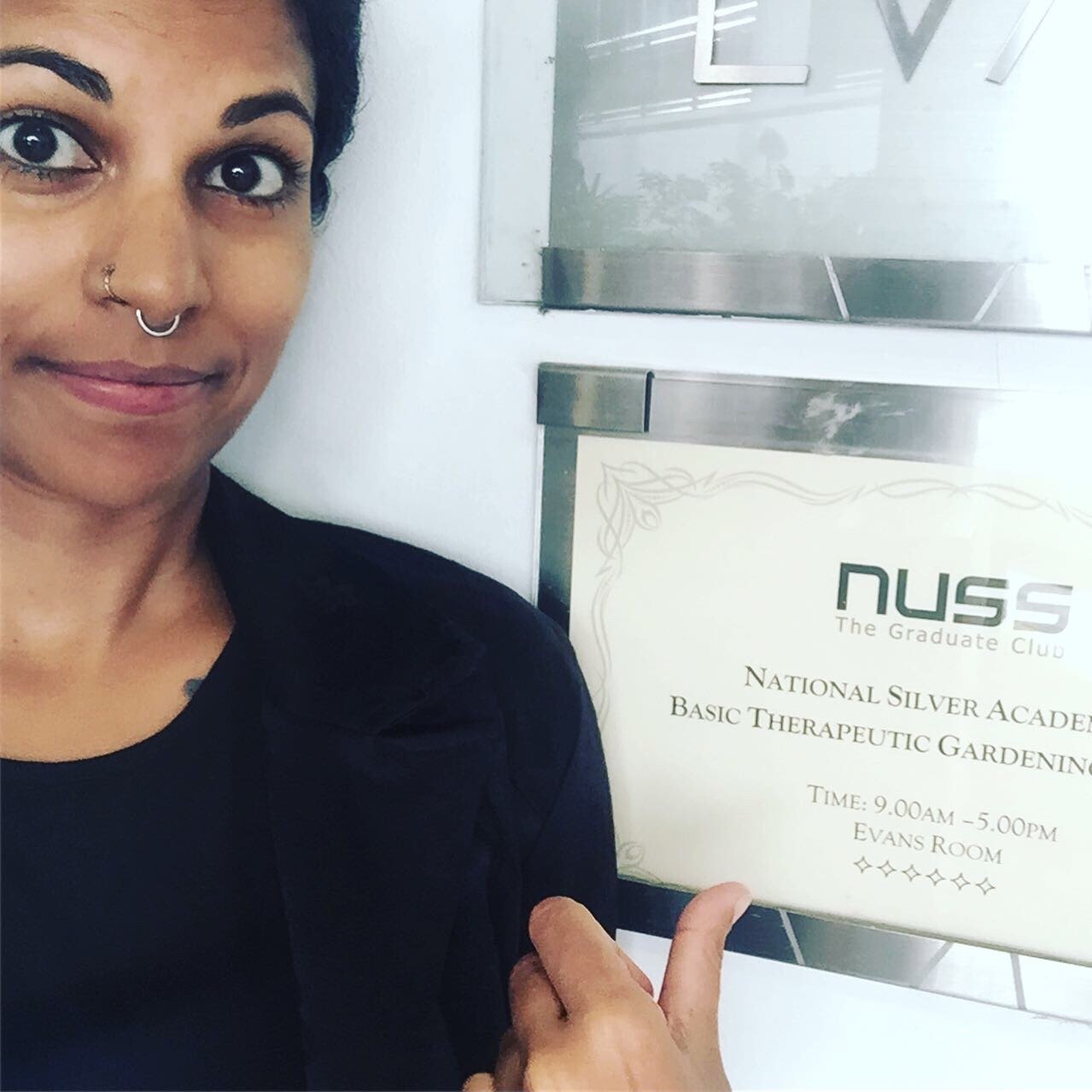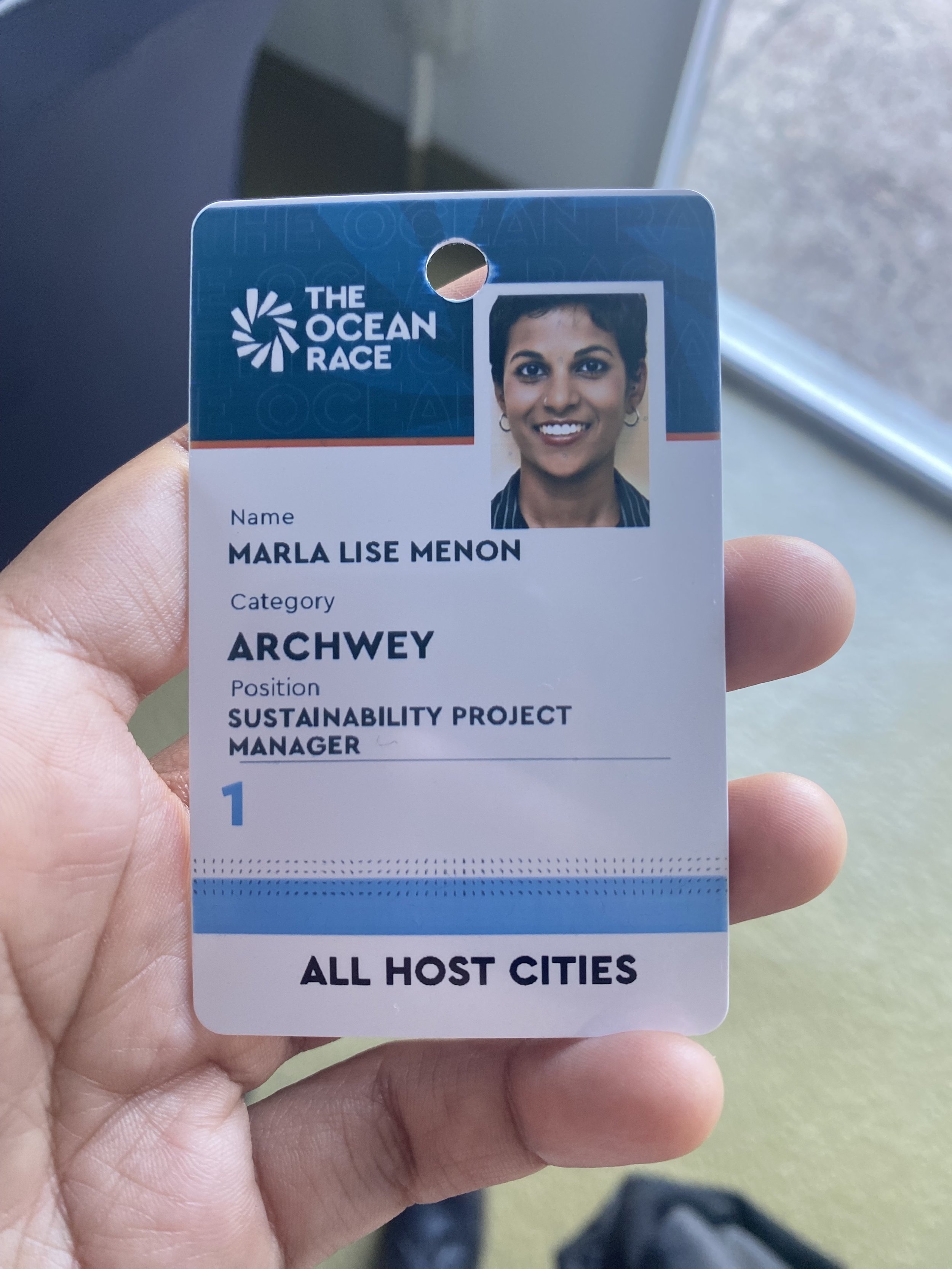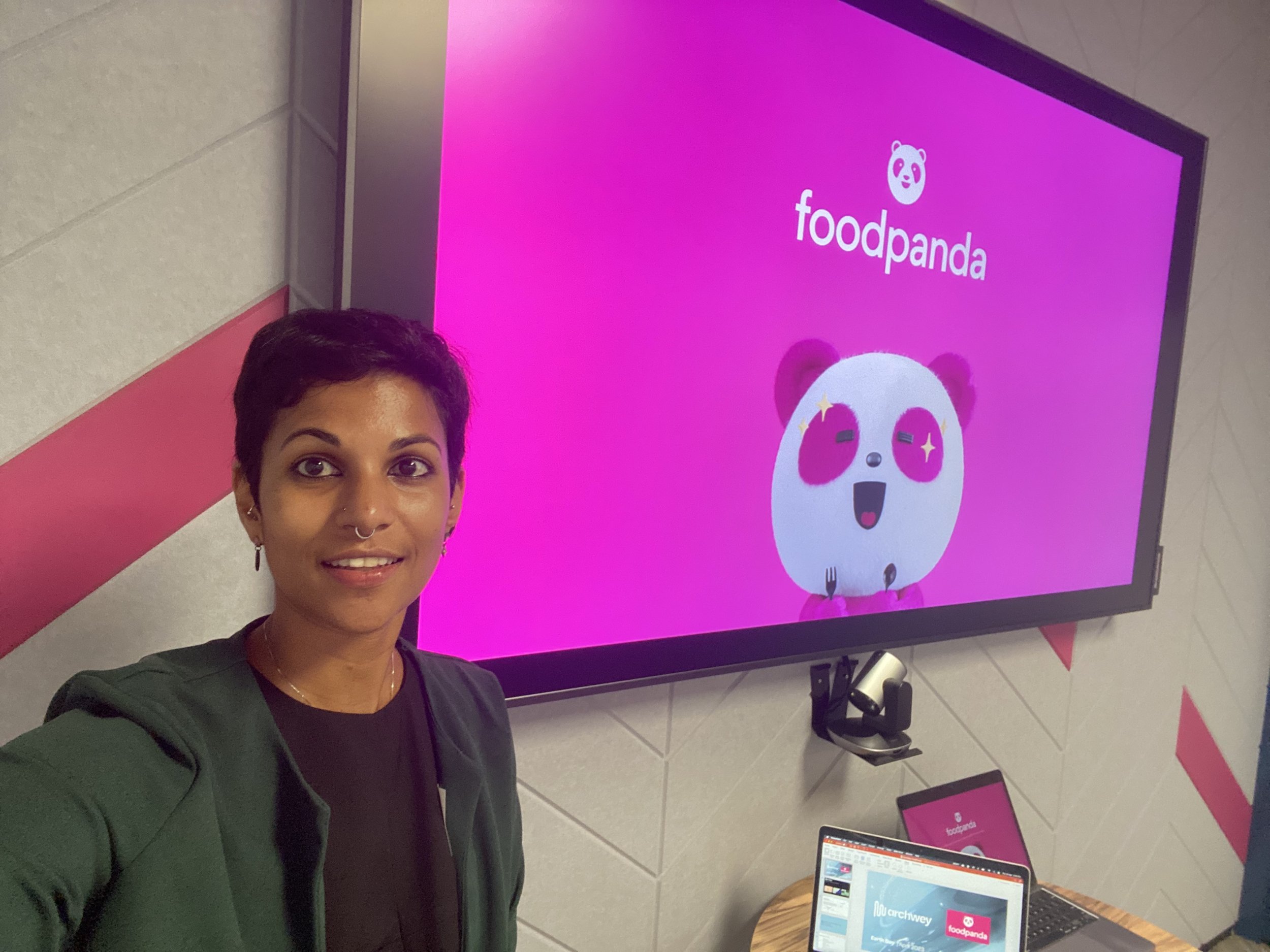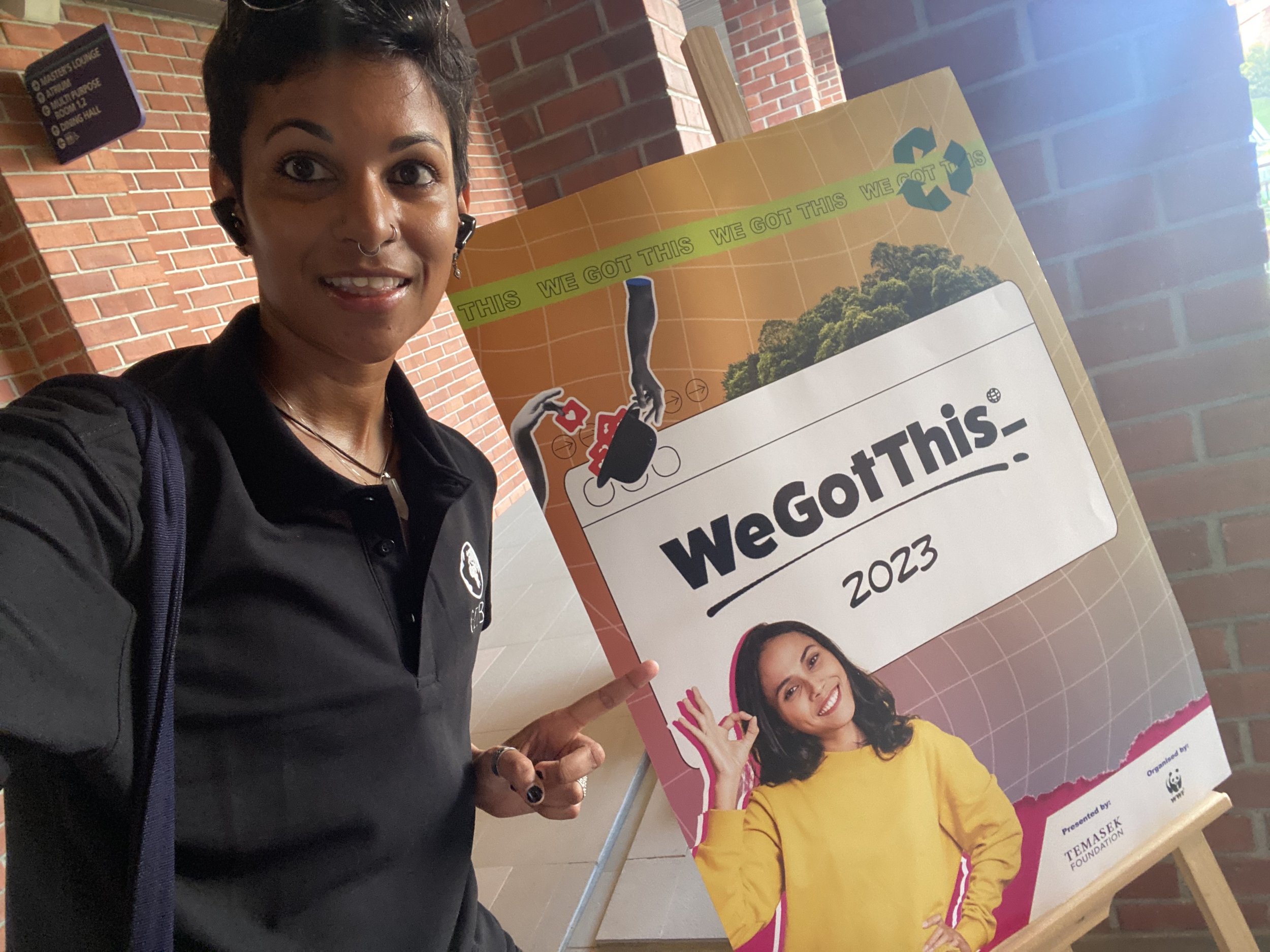The Eco Chapter -
I’ve been struggling with my place in the world of sustainability. When I grew up, I wanted to save every animal I could. The word sustainability as we know it today didn’t exist at the time. It didn’t exist during my bachelor’s in animal science. It didn’t exist either during my master’s in environmental science. 12 years and one sustainability manager job later and I find myself perplexed by sustainability as the world describes it today.
It’s a daily habit now to scroll through LinkedIn and see what people are studying, what new certifications they’re celebrating, and what jobs are asking for in their descriptions. Carbon accounting, ESG reporting, sustainable investing, compliance with relevant standards and frameworks, and of course in-depth knowledge of the alphabet soup that makes up this industry – ESG, GARP, CSR, GRI, SASB, UN SDGs, SBTI, TNFD, TCFD, GHGs, ISSB.
This is today’s world of sustainability.
Last year, after experiencing first-hand how greenwashing works in my role as a Sustainability Project Manager for a ‘recycled plastics’ company, I wrote an article titled, “Sustainability is a Hoax.” To date, this article has been viewed 505 times and was even published in Volkskrant, a Dutch newspaper. A year later, with a lot more insight into the industry, I still don’t believe that sustainability is the answer to the climate catastrophe that we’re facing. More and more I feel that it is a way to keep the system going as it is. It’s a waiting game for a technocratic saviour. It’s a superficial growth-hungry scheme ignoring root causes, primal impulses, humanity, and equality.
Despite the thousands of professionals now hired in the varying fields that make up ‘sustainability’, the rise in sustainable companies and products, the countless meetings, conferences, networking sessions, summits, the new legislations and updates to old ones, the new technology that’s been invented or are in the pipelines … we’re still watching our world fall apart around us – continued exponential growth, a 6th mass extinction, record high GHG concentrations, and the hottest months ever recorded.
So then, why aren’t we asking – if sustainability isn't the answer, then what is?
I’ve been trying to find my voice in sustainability over the last 1.5 years. During this time, on my own, I’ve been a panellist and mentor for the 2023 WWF We Got This Campaign, I moderated a panel for World Biodiversity Day at CDL, I spoke at The Conscious Festival, was chosen as a mentor for the EB Impact Sustainability Exchange, and have been invited to be a buddy at The Matcha Initiative. I’ve been literally screaming out into the Singaporean sustainability world that I am a part of it. And yet, the more I try to be a voice in ‘sustainability’ the more my own tiny voice says, this isn’t for me - because my message is not one of the ‘sustainability’ of today. I will not talk to you about ESGs. I will not discuss accounting techniques. I am not interested in conversations about EV vehicles. I am disappointed that people expect solutions that allow for business as usual.
Because that’s just it – our sustainable solutions are simply ways to keep the trajectory of growth exponential.
And so, I’m ignoring the glimmer and glam of sustainability, this dish that changes daily. An alphabet soup of legislation on the menu of a restaurant that perpetuates planetary destruction.
Instead, I want to speak with my voice. I want to discuss matters that have been close to my heart since I was a child. I want to use my voice of animal science and environmental science. My voice of a life working in poor, rural, jungle and coastal NGOs. My voice of living alongside the indigenous, the minorities, the Global South. My voice that isn’t driven by capitalism, cars, copious amounts of things, corporates, or cash. My voice that has volunteered in the fields of education and conservation for over 20 years. Working endlessly for free in order to serve a greater purpose. My voice – the voice that is screaming for change.
My voice that will speak to you as a person, a human being, not your company or your bank account. My voice that will speak for those who cannot, not for fame or glory, but because I can. My voice that will speak for the values I have been lucky enough to hold on to. My voice of a dreamer, a nurturer, and a believer of the fact that deep inside, we all want a simpler life. We all want rest, safety, comfort. We all want someone to listen, a shoulder to cry on, and a safe space to confide in. We all have dreams that we want to achieve. Simple dreams. My voice that will speak to you while listening with my whole body. My voice that will try in every way possible to speak with nothing but truth.
There is a Japanese concept of Ikigai. They call it the secret to a joyful life through finding your purpose. The primary elements that make up its 4-part Venn diagram are, ‘what you love’, ‘what the world needs’, ‘what you’re good at’, and ‘what you can get paid for’.
This is the goal of my work at The Eco Chapter - to achieve Ikigai.
I’ve realised, even though I wanted to live a solitary life surrounded by animals or marine creatures, my calling has been to educate, share knowledge, and learn through teaching. I love the knowledge that someone, somewhere, might be doing something because of a conversation with me about the things I’m passionate about and working towards trying to save. “What the world needs now, is love, sweet love…” and education. Lots of it. And the right kind. And therefore, I’m offering all those things, inspiration, motivation, a (now) friendly face, a listening ear, a shoulder to cry on, a scientist to check your work, write your content, train your staff, create your training material, facilitate your professional development – as a paid service.
And you need it … because:
Climate crisis, human inaction, and language have been linked:
There are countless articles that explore the connections between our planet’s plight and language. Scientific American published this article stating, “Perceptions can be greatly influenced by the words we use.” The article explores how words have led to misconceptions, deflections, false promises, and complete climate change denial and apathy by many. The Guardian has changed their climate reporting language, stating that they now use terms like ‘global heating’ instead of ‘climate crisis’. Their editor states, “The phrase ‘climate change’, for example, sounds rather passive and gentle when what scientists are talking about is a catastrophe for humanity.” Climate Hubs quoted a science journal in saying, “words about climate change continue to confound the public and (these) affect how people respond to and interpret different climate terms.” Even the United Nations has resources on how to use language appropriately in communicating the climate crisis.
Language is the root of all our decisions, our relationships, our dreams, and our actions. Words are so powerful. “Their meaning crystallizes perceptions that shape our beliefs, drive our behaviour, and ultimately create our world.” The incorrect use of words could literally cause our destruction as an entire species.
But if words can destroy, they can also save.
Through language, a sort of eco-literary activism can thrive.
And this will be my war cry.
Because …
The sustainability movement has failed to achieve behavioural change:
While society may be telling you to lie about sustainability reports, I will be telling you to reflect and look deep inside yourself. Where society will teach you to greenwash, I’ll be dissecting your facts, LCA documents, reports, data, and showing you that the truth will set you free. Where compliance might be directing you in a certain direction, I can show you that if you’re honest - compliance is possible. Where jargon and acronyms are being thrown around in every board room, I’ll explain concepts to you as I would a 5-year-old. If you need training, it’ll be offered, to humans, not to executives. If you need content, I’ll entertain, not kill you from boredom, or produce mindless copy churned out by ChatGPT.
Plus!
Greenwashing and the continuation of business as usual:
No, I will not be at the Earthshot Prize, COP, Climate Week, or any other ‘prestigious sustainability’ event. Those are put aside for the glitz and glory that are advertised and encouraged by our society and even by this industry. No, I will not have a million influencers or measure my worth by the amount of people who know my name. My job will simply be to get you to ask – why? And hopefully then, decide that it is time for a change. My worth will be in that small realisation, that tiny epiphany, and that one decision to turn inwards, towards something ‘greener’.
We’re hurtling towards a meteor that’s coming straight for us. We’re going to have to slow down, whether we want to or not. So, you could start now and be a trailblazer for a truly liveable future - one where there is community, empathy, and beauty.
So …
Take grassroots action through inquisitiveness, analysis, and words:
You’ll need to ask yourself if you have a plan B when ‘sustainability’ fails. When resources are so scant, there’ll be no way to extract them, even if they still exist. When countries are so in debt, inflation and prices will be unfathomable. When sea levels rise, famines are rampant, and we’re fighting over water, space, and for sanitation and hygiene. When climate refugees are banging down doors of rich, developed countries. When we reach 3°C and the permafrost melts causing a positive irreversible feedback loop.
You could sit and wait for someone else to save you, or you could start to save yourself. Education is key. And words make up your perception of reality.
In an uninviting world of competition
Be empathy.
In an opulent world of finance
Be generosity.
In an inflexible world of corporate suits
Be human.
In a dizzying world of rapid changes
Be constant.
In an apocalyptic world of disaster
Be peace.
In a sterile world of automated robots
Be human.
In an unsustainable world of sustainability
Be a tiny voice for behavioural change.
And in the back of your mind, you will hear my whisper. That tiny voice asking for behavioural change. Luring you to do what you know is best.
To create that beautiful future our hearts know is possible.
Before you are forced into your plan B – you can learn@theenglishcurve and change@theecochapter.
The Eco Chapter – Empowering change through eco-literary activism.
The Eco Chapter is The English Curve’s environmentally conscious arm.
Together, we can turn the tides through education.


